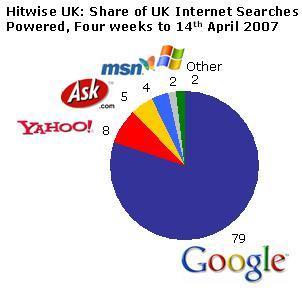Can government help industry?
To what extent can the government help boost domestic industry and manufacturing? In recent weeks, several politicians have talked about their desire to help UK manufacturing and boost industrial production. It may be a noble endeavour to try and boost UK industry and rebalance the economy away from financial services to manufacturing. But, how practical …

